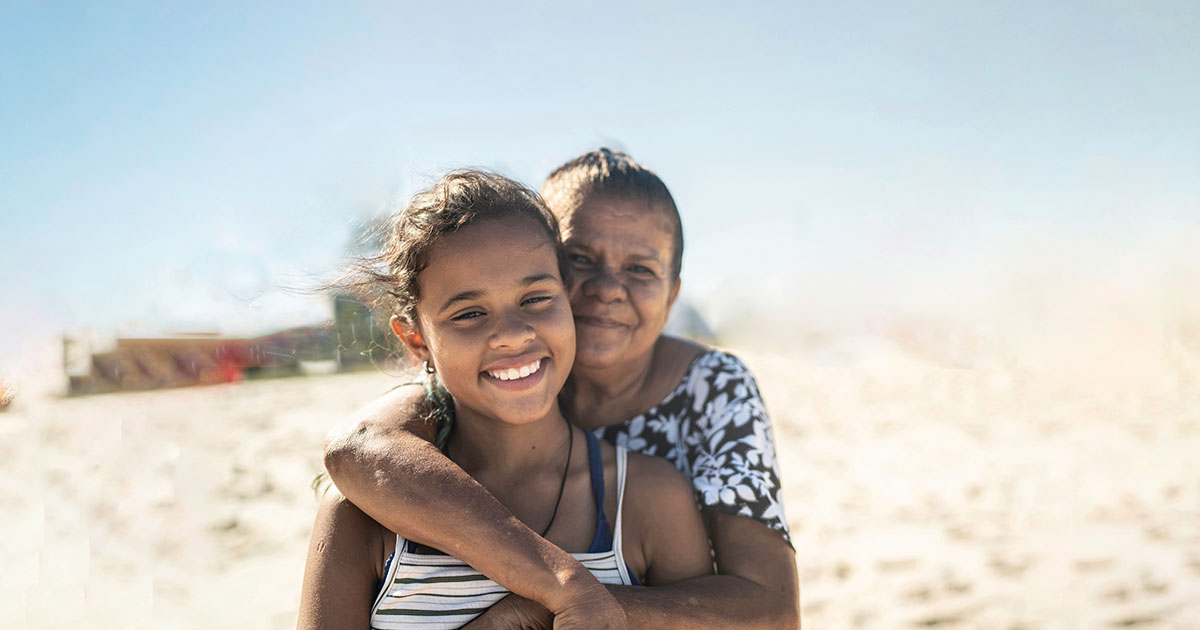Ending the energy supplement will leave most in need out in the cold
- Details
As seen in the Huffington Post
As we move deep into winter, people across Australia are turning on their heaters to stay comfortable and warm.
But for some households, the decision to flick on the switch is a difficult one. With energy prices at a record high, the cost of simply staying warm is putting a huge financial strain on people surviving on low incomes.
According to many energy experts, the pain of high energy costs is only going to get worse. In the past decade energy prices have risen by around 80%. Just this month we’ve seen prices around the country jump by up to 20%, which will have a shocking impact on the next round of household energy bills.
The Energy Supplement currently provides a modest but vital boost to the weekly budgets of thousands of aged pensioners, carers, jobseekers, people with disabilities, students and other people receiving government income support payments.
It puts $4-7 dollars per week in the pockets of people who receive it. That sounds like a negligible amount and for many of us it’s just an extra cup of coffee or a sandwich. But for the people receiving the Energy Supplement, it can mean the difference between being able to cook, heat their house, do their laundry and have enough light for children to do their homework - or having their energy supply cut off.
80 year old Evelyn*, who lives in public housing in Hobart, has very real concerns about the cost of her heating. Evelyn receives the Energy Supplement on top of the age pension, which must cover all of her living expenses. In addition to the basics, like food and medications, she is paying back $40 each month to cover the cost of her brother’s funeral which took place 6 years ago.
Evelyn suffers from asthma, which makes it important she stays warm. She has lived in the same house for 30 years, an older-style home that is difficult to heat, and she currently relies on a single heater that must be on every day throughout the cold Tasmanian winters.
As it’s now difficult for Evelyn to get around, she only leaves her home for medical appointments. She relies on her network of neighbours and carers to do her shopping, gardening and any other personal tasks. This means she spends much of her time in her home with her heater on.
For age pensioners like Evelyn, the $365 that the Energy Supplement adds to her income each year helps her to afford a reasonable standard of comfort. To live without it would certainly affect her health and well-being.
That’s why it is concerning that the federal government has proposed restricting who can receive the supplement. If their cuts go ahead, anyone who has registered for social security payments since September 2016 will have the supplement cut from their weekly earnings and it will not be available to anyone who successfully applies for social security in the future – even though these people have shown a genuine need for income support and energy prices are rising.
There is across the board recognition that Australia’s social security payments are woefully inadequate. Business groups have joined with Unions and the Community Sector to argue that an increase is needed to payments including Newstart, as many social security recipients are now living well below the poverty line. This has very real and often devastating impacts on the quality of life of those people and their families.
Many households surviving on low incomes are also living in old housing lacking basic insulation and are likely to be using older-style heaters that chew up lots of energy. Implementing basic sustainability standards for all homes, to ensure they are well insulated and have appropriate infrastructure for heating and cooling, would not only be good for the environment but good for capping energy costs and balancing budgets. This is the direction we should be moving in long-term.
People like Evelyn who live in social housing are certainly doing it tough enough. People surviving on low incomes in the private rental market are also facing record rents on top of record energy prices. As basic costs of living rise but income support is stripped away, families will be forced to make unacceptable choices like whether to keep the heat on or buy fresh food or necessary medication.
Australia is a wealthy country and we have enough to share to ensure that every person has what they need to stay warm, safe and in good health. Cutting income support payments is a move in the wrong direction and will only increase poverty and inequality.
We not only need to oppose the proposed cuts. We also need to look at the adequacy of income support payments across the board, and ensure that our social safety net is strong enough to truly keep people out of poverty.

Catherine Yeomans
CEO Mission Australia
@cathyeomans
*Name has been changed to protect privacy
Related media releases
Read about what we’ve been working on, our stance on important social issues and how you make a difference to vulnerable Australians' lives.



